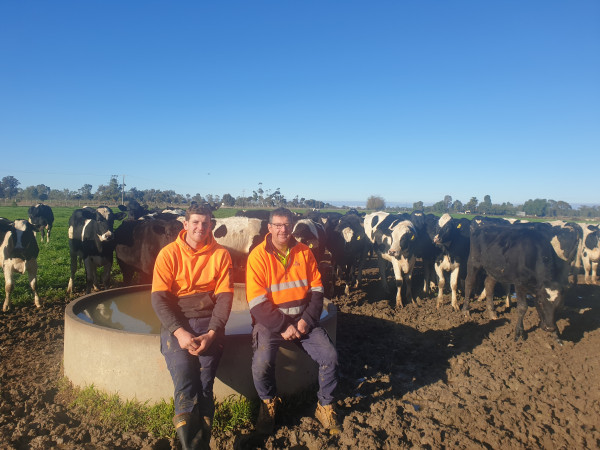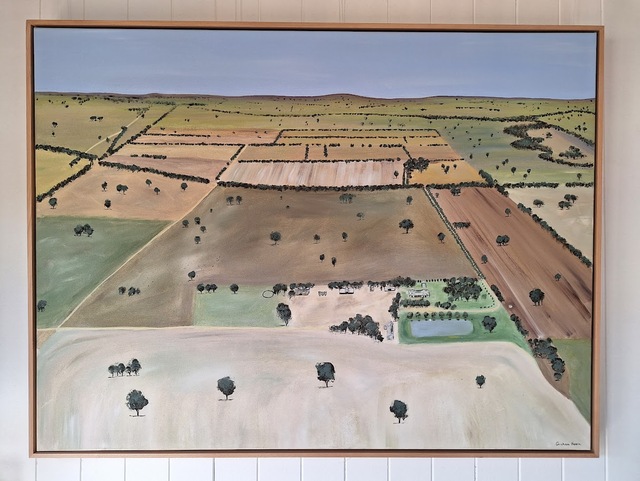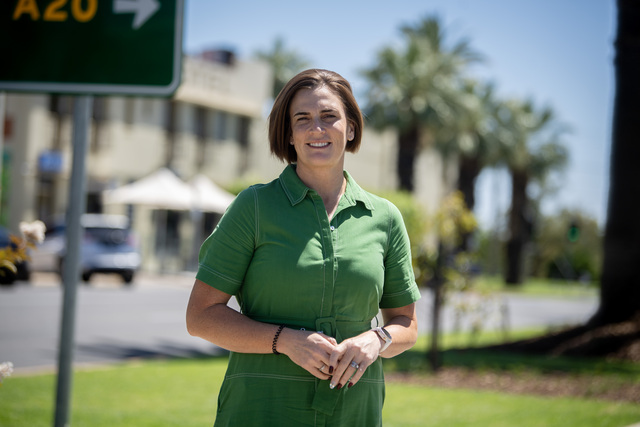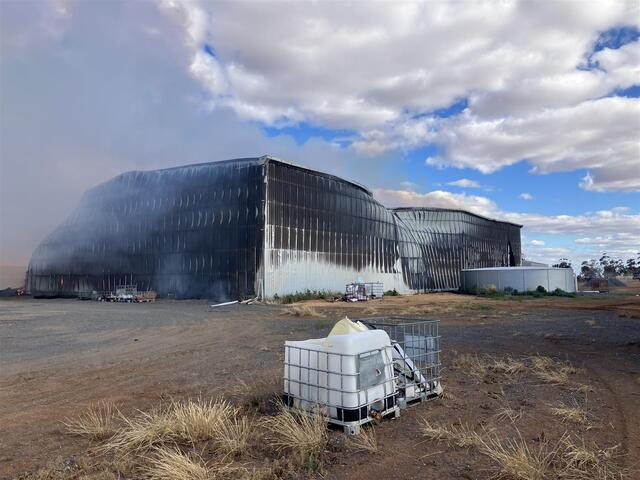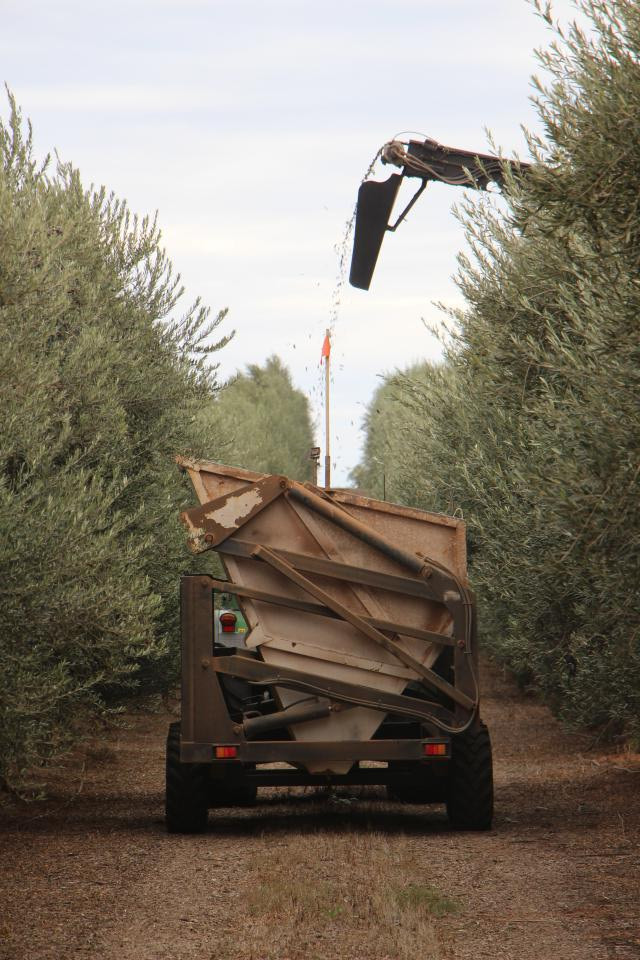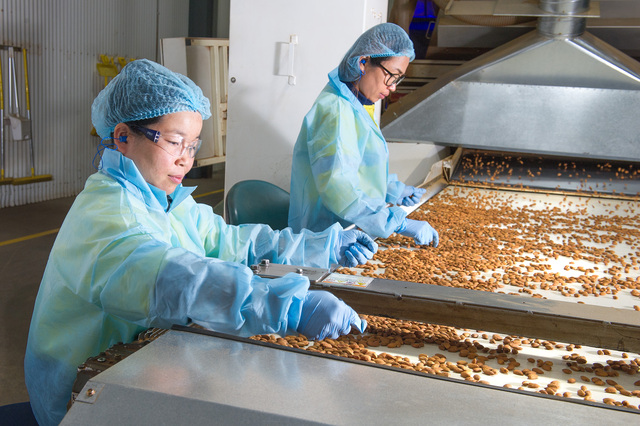JOHN Keely, like dairy farmers across northern Victoria, is sweating on milk prices due in May.
Because, like every other dairy farmer across northern Victoria, there is little he can do to offset soaring electricity and fuel costs – except with a stronger milk price.
The price, he said, had to be at least $9 per kilogram of milk solids for the 480 cows he and his family run.
“But $9.50 would be around the place I would really like to see it,” Mr Keely said.
“We also face challenges with things such as free-trade agreements, which will see New Zealand cheese, for example, being brought in and sold for much less than local product.
“We supply Australian Dairy Farmers Corporation, so our milk is spread across a dozen different companies, which gives us protection against the price ranges for various milk products.
“Some are obviously worth more than others. But so far, being part of ADFC has been good for us.
“But I really do see the cheese issue as a major one headed our way.”
The Keelys have solar power to help ease their bills, but Mr Keely said when he saw the bill each month he wondered where it all went.
This WAs not helped, he said, by governments urging people to go green with energy – before the regulator cuts the feed-in tariff returns.
“We can’t use less power, although we are all electric and don’t have any gas, so as power goes up, and as fuel costs rise for our vehicles, the only way we can counter that is through a better milk price,” Mr Keely said.
“If that’s not there, it sets the whole operation back – you can’t invest in your business the way you would like, and the way you need.
“Energy costs are going to be the hardest thing to deal with because they come straight off the bottom line and, when that happens, other important stuff can get pushed on to the back burner.”
Mr Keely said he had ongoing programs, some of which were still catching up from the drought and the recent wet years and the more they had to be delayed, the harder things get.
“The last thing anyone needs right now is to see the milk price come back,” he said.
Although he was fortunate to escape flooding late last year, the rain still left him with a pretty soggy property.
But a few months on, that has all changed dramatically, with contractors he has spoken to – who have started to disc up in the area for annuals and winter crops – are saying the land has gone rock hard.
“Which can happen when you haven’t needed to irrigate for a while, which we didn’t as much with all that rain, and then the ground opens up.”

